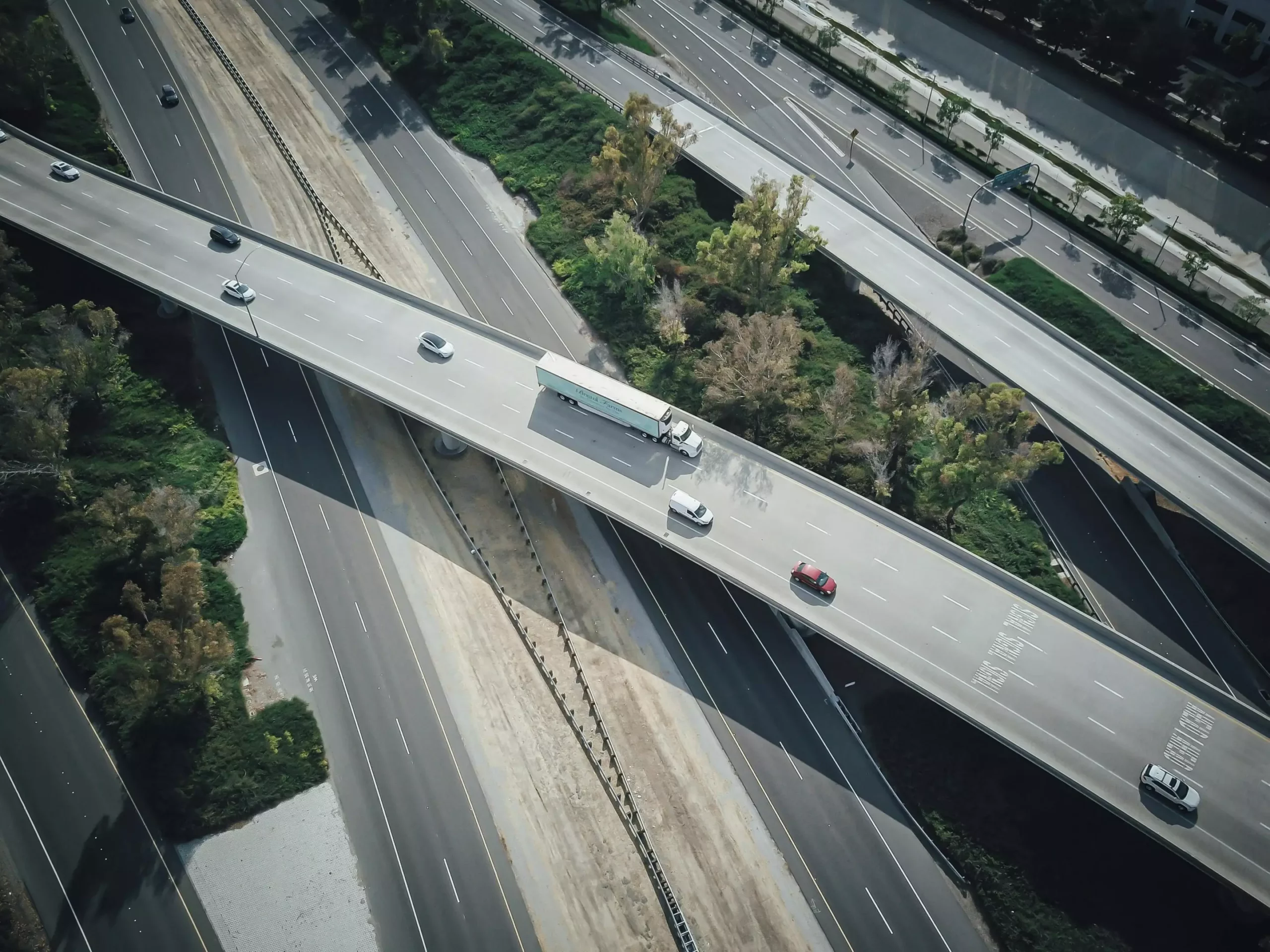Sustainability has become a pressing concern in our world today. The existing consumption and production systems that cater to our basic needs are proving to be unsustainable. Researchers from socio-technical and socio-environmental research communities are now coming together to investigate how these systems can be transformed into more sustainable ones. A special feature published in the Proceedings of the National Academy of Sciences (PNAS) sheds light on this subject, presenting new insights on transitions in electricity, food, and mobility systems. This article delves into the key findings of this research and explores the multi-dimensional nature of sustainability transitions.
Understanding Sustainability Transitions
The primary focus of this special feature is to shift the emphasis from sustainability goals and targets to the actual processes of change that can help us achieve those goals. The collection of articles in this feature aims to provide valuable insights to a wide audience, including sustainability science researchers, policymakers, and practitioners. By analyzing transitions in electricity, mobility, and food systems, the research uncovers the complexities and dynamics involved in these transformations.
The papers in this special feature delve into the changes taking place in electricity, mobility, and food systems. They highlight the importance of multi-level interactions in sustainability transitions and emphasize the role of innovation as a solution. The research also emphasizes the need for a deeper and more detailed analysis of the change processes. It is fascinating to note that these transitions are occurring at different speeds and depths in the electricity, mobility, and food systems. While the electricity system has made significant progress, the (auto)mobility system is still in its early stages, and the food systems are just beginning to unfold.
The papers in this special feature make it evident that sustainability transitions cannot be explained solely by technological or economic factors. Instead, they are multi-level, systemic, incomplete, and contested processes. Innovation plays a crucial role in these transitions, but it is always shaped by and contributes to social, political, economic, and cultural developments. This multi-dimensional approach allows us to understand the complexities involved in sustainability transitions and provides a more comprehensive perspective.
Reconfiguration and Governance of Transitions
One important finding from the special feature is that transitions often involve reconfiguration rather than the substitution of existing systems. Depth and speed of change are also key considerations. Deeper changes tend to be more challenging and slower to implement. It is crucial to recognize that the governance of transitions is highly political and can be heavily politicized. Winners and losers inevitably emerge during these transitions, highlighting the need for careful management and consideration of various complexities.
Accelerating and Steering Transitions
While sustainability transitions might seem daunting, this special feature also showcases ways in which these processes can be accelerated and steered towards more sustainable directions. By understanding the multi-dimensional nature of these transitions and recognizing the importance of innovation, policymakers and practitioners can play an active role in driving change.
The search for sustainability requires a holistic and multi-dimensional approach. The special feature published in PNAS sheds light on the complexities involved in sustainability transitions and emphasizes the need for a deeper understanding of the change processes. By analyzing electricity, mobility, and food systems, researchers have identified the challenges and potentials involved in transforming these systems into more sustainable ones. Accelerating and steering these transitions require the recognition of various complexities and the active involvement of policymakers, researchers, and practitioners. The path to sustainable transitions is not easy, but with concerted efforts, we can create a more sustainable future for generations to come.


Leave a Reply